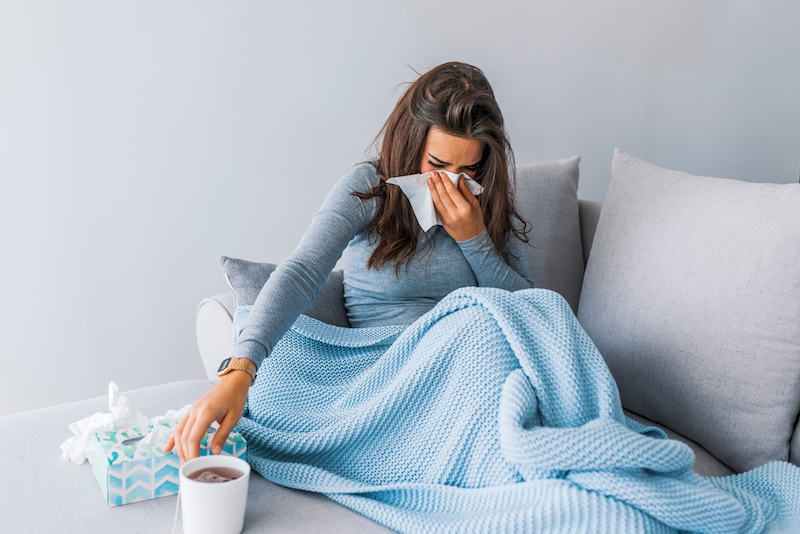


There are many suggestions of how to stop the spread of COVID-19 but one common piece of advice from health authorities is self-isolation.
Self-isolation is an important preventative measure to be taken by people who have recently travelled to high-risk areas, have come into contact with an infected person, or have been confirmed to have contracted COVID-19 themselves.
What is self-isolation?
Self-isolation is a precautionary action you can take to avoid spreading COVID-19. Self-isolation requires you to restrict your activity outside of your home or hotel. This includes avoiding school, university, childcare, work, and public areas (including, but not limited to, shops, gyms, and pools). It also includes avoiding the use of public transport, taxis, and ride-share services.
Should I self-isolate?
The current recommendation for self-isolation requires you to stay at home or your hotel for 14 days after:
- Travelling through or from affected areas (such as mainland China and Iran)
- Coming into close contact with a confirmed COVID-19 infected person.
Currently, health authorities in Australia are tracing the possible contacted people of all new confirmed COVID-19 cases. If it is found that you might have come into contact with an infected person, health authorities may recommend you self-isolate and watch for symptoms.
What can I do in self-isolation?
Practise good hygiene
Good hygiene is key to preventing the spread of the virus. Some steps for good hygiene include:
- Washing your hands before entering common spaces, after using a toilet, after coughing and sneezing, before putting on and after taking off face masks
- Using an alcohol-based sanitiser to keep hands clean
- Properly wearing a surgical mask (ensuring it covers mouth and nose at all times)
- Avoiding close contact with other people
- Covering coughs and sneezes with a tissue or bent elbow
- Disposing contaminated tissues.
Try to live as usual
To avoid boredom, stress or anxiety when in self-isolation, try to keep up as much of your normal routine as possible. You may wish to:
- Ask your employer to work from home
- Request homework to be sent to you from your place of education
- Exercise inside or in your backyard (be careful not to come into contact with neighbours)
- Use your phone or computer to keep in contact with family and friends
- Ask non-isolated family and friends to deliver you groceries and medicines, or have them delivered by ordering online or over the phone – just don’t come into direct contact with these people.
Watch for symptoms
One of the most important things to do while in isolation is to monitor your health.
If you are in self-isolation and do not have a confirmed case of COVID-19, watch out for these symptoms:
- Fever
- Cough
- Sore throat
- Fatigue
- Shortness of breath.
If you develop these symptoms, contact a health professional to organise a medical examination. Telehealth providers such as House Call Doctor can provide you with health advice during your isolation period.




